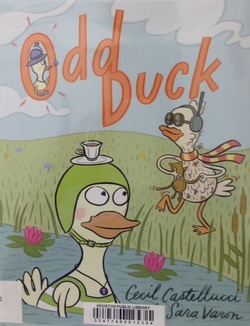
Though at first it looks like there is no fodder for friendship between these two peas from very different pods, they are able to discover common ground in their quirkiness. And (because they are very evolved ducks!) they learn to get along on their commonalities, and accept their differences, as opposed to expecting the other to be like them. We all have something to learn from that!
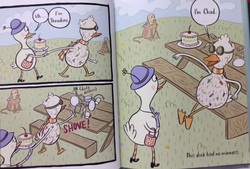
One of the details showed a yard sculpture of a wooden horse with an arrow pointing to it "Trojan Horse". This sparks a question from Lucy: What's a Trojan Horse? We pause the story, I tell her my raggedy version of the Battle of Troy, complemented by a Google search. She loves the concept, and starts colluding how she can invade her "future boyfriend's" house via Trojan Horse without being invited. Always scheming.
There are numerous subjects of conversation in the illustrations alone. Cooking, constellations, conceptual sculpture...
Here's my conversation with Lucy (6):
Me: So Lucy, What do you think this book was about?
Lucy: I think the moral of the story is that you shouldn't judge a book by it's cover.
Me: What makes you think that?
Lucy: Because Chad was all messy and no manners and Theodora was all perfect. But they were still able to be friends. Why was Theodora all perfect anyways? Who wants to be perfect all the time?
Me: Do you think you're more like Theodora or more like Chad?
Lucy: Somewhere in the middle.
Sara Varon must be an odd duck herself, and I love her for it!
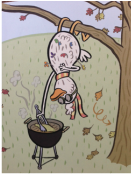
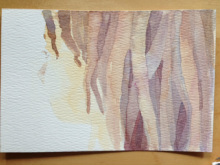
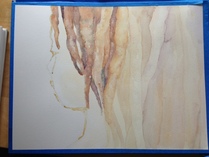
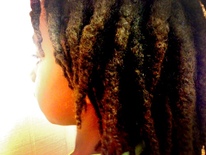
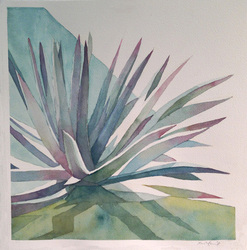
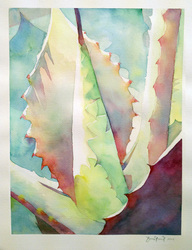
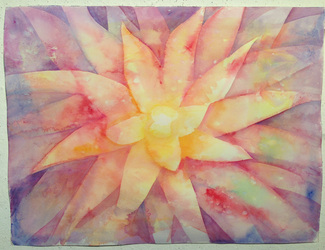
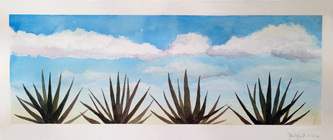
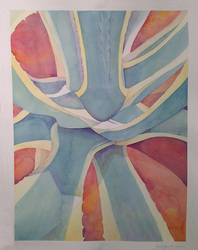
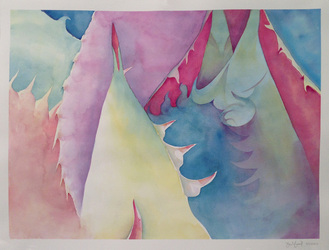
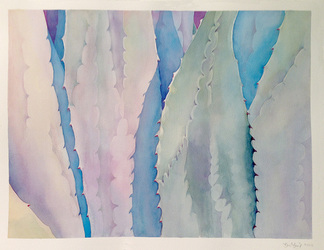
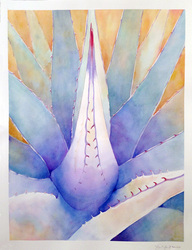
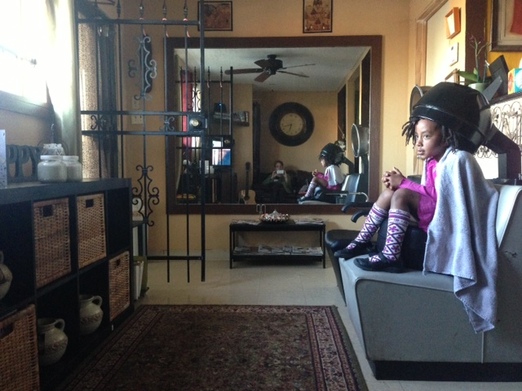

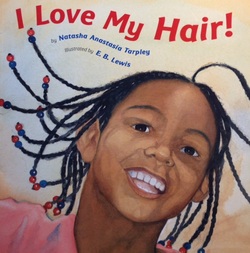
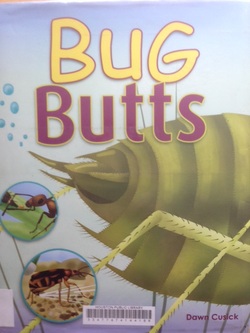
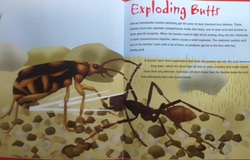
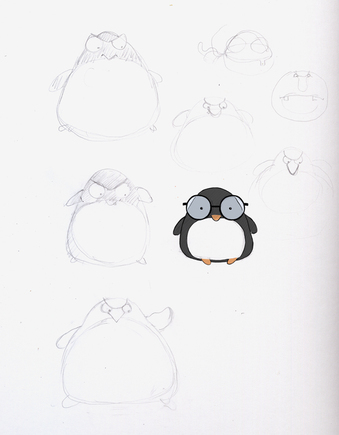
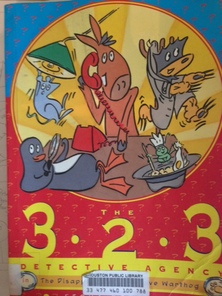
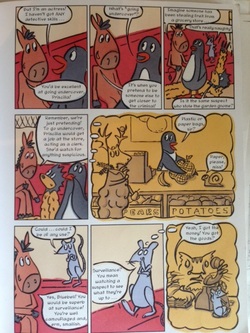
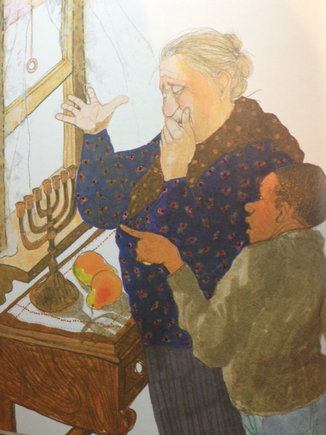
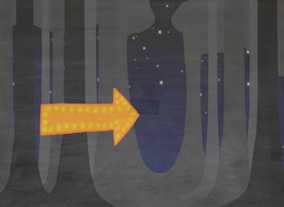
 RSS Feed
RSS Feed